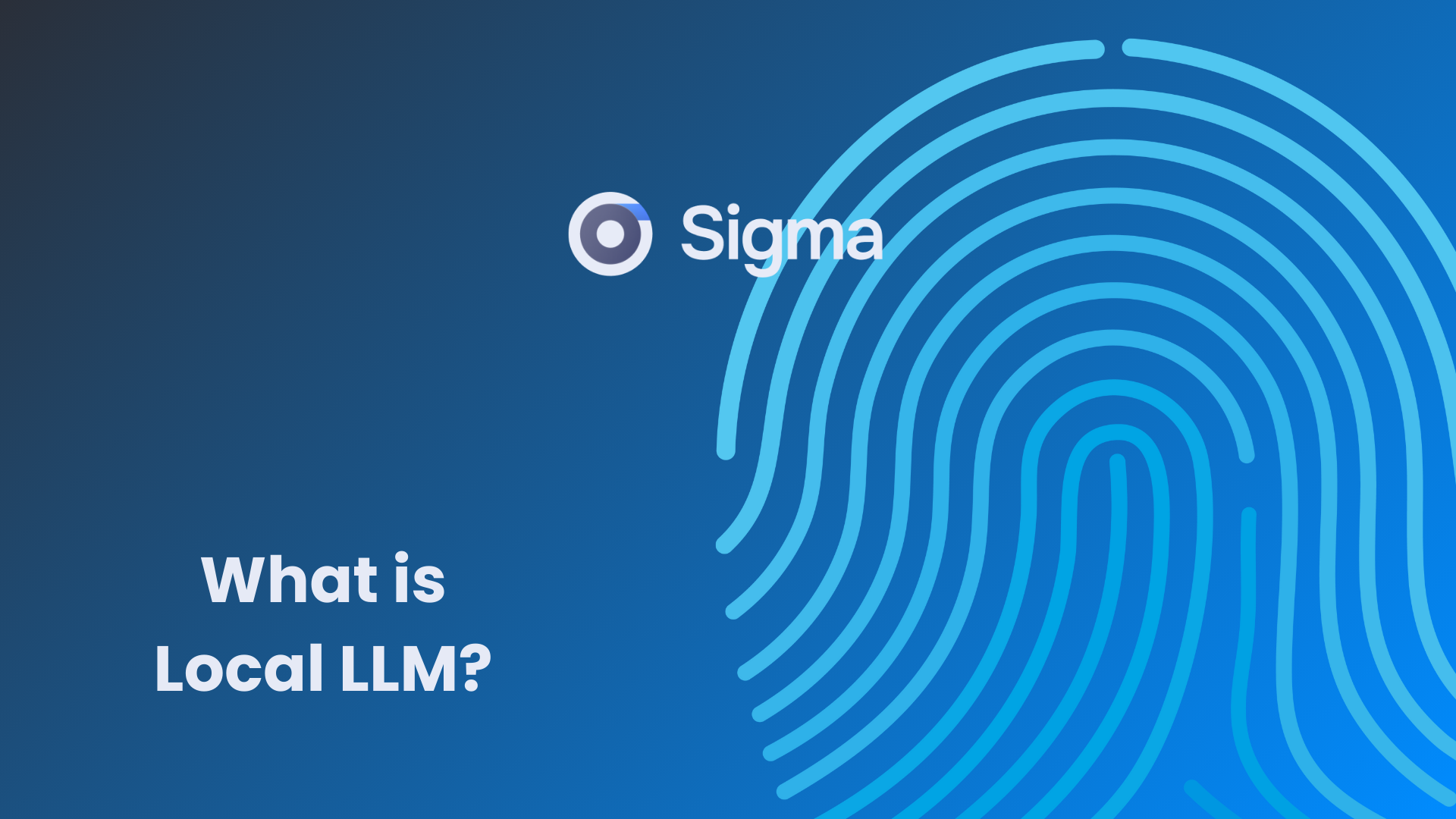Comet vs Atlas Browser Comparison 2025
It’s 2025. You open your browser, and it doesn’t just load web pages — it remembers what you were researching last week, summarizes dense reports in seconds, and even anticipates what links you might need next. The AI browser era isn’t coming; it’s here.
At the forefront of this shift are Comet and Atlas. Both promise smarter browsing, faster research, and fewer tabs. But the real question is: which one actually changes your workflow? (Spoiler: it depends on what “workflow” means to you.)
And yes — lurking in this space is Sigma AI Browser, quietly redefining the idea of an AI agent in your browser.
What Makes an AI Browser “AI” Anyway?
Before diving into the comparison, a quick refresher:
Basically, AI browsers don’t just display content — they process it, reason over it, and deliver insights tailored to you.
Atlas Browser: Conversational Intelligence
Atlas feels like a research assistant you’ve known forever. Its roots in ChatGPT models give it exceptional language understanding, and its persistent memory allows it to keep track of ongoing projects.
Strengths
- Contextual memory: remembers your queries across sessions
- Natural conversation: interacts like a human assistant
- Summarization: condenses long documents into actionable insights
Weaknesses
- Occasionally “hallucinates” facts
- Can be slower with complex multi-step queries
- Less suited for structured data analysis
Comet Browser: Analytical Powerhouse
Comet is all about data integrity and reasoning. Think of it as the engineer’s browser — precise, structured, and hyper-efficient.
Strengths
- Accurate multi-source verification
- Rapid, tab-light workflow
- Best for structured tasks like data extraction and coding
Weaknesses
- Less human-like in tone
- Requires more effort to “converse” naturally
- Can feel rigid for creative workflows
Comet vs Atlas Browser Comparison 2025
Here’s a detailed side-by-side:
Usage Scenario: Research Workflow
Imagine you’re tasked with a complex report. How do these browsers differ?
Sigma AI Browser: The Emerging Contender
While Comet vs Atlas captures headlines, Sigma AI Browser is quietly demonstrating what the next generation looks like:
- Built-in AI agent: executes research tasks autonomously
- Iterative learning: adapts to user preferences over time
Integrated workflow: research, writing, summarization in one interface
Statistics: Adoption and Efficiency Gains
According to the latest 2025 survey by Tech Insights:
- 53% of knowledge workers now rely on AI-integrated browsers daily
- Average research time dropped from 5–7 hours to 45–90 minutes
- 38% reported “cognitive overload” reduced by more than half thanks to AI summarization
Conclusion: The 2025 AI Browser Landscape
Comet vs Atlas isn’t just a product debate — it’s a peek into the evolution of digital cognition.
- Comet: Precision, verification, analytical depth
- Atlas: Context, natural conversation, narrative intelligence
- Sigma AI Browser: Full-cycle autonomous cognitive collaboration
For now, they coexist, each appealing to slightly different workflows. But one thing is clear: AI agents in browsers are no longer optional — they’re transformative.
Check out the evolution yourself with Sigma AI Browser, the next step in AI-enhanced browsing.
FAQ
Q: Is ChatGPT Atlas the same as Atlas Browser?
A: Related, but the browser version adds memory and context-aware research capabilities.
Q: Which is faster for data-heavy research?
A: Comet wins slightly due to its structured engine.
Q: Should I switch from traditional browsers?
A: If you’re in knowledge work, yes — but traditional browsers still work fine for casual browsing.
Q: What’s next after Comet and Atlas?
A: Cross-agent browsers that anticipate tasks, like Sigma AI Browser, will redefine how we interact with knowledge online.






.png)

.avif)



